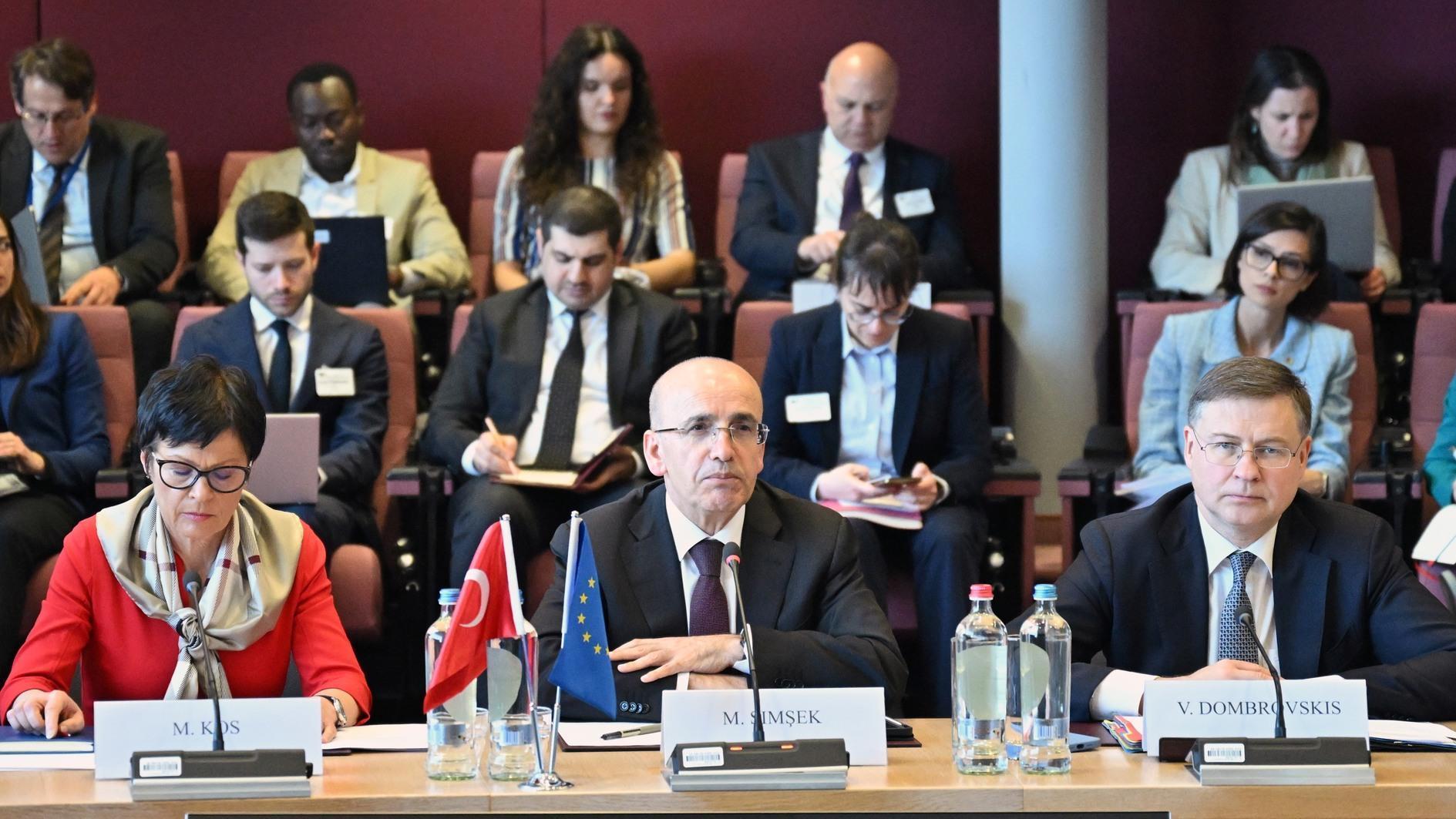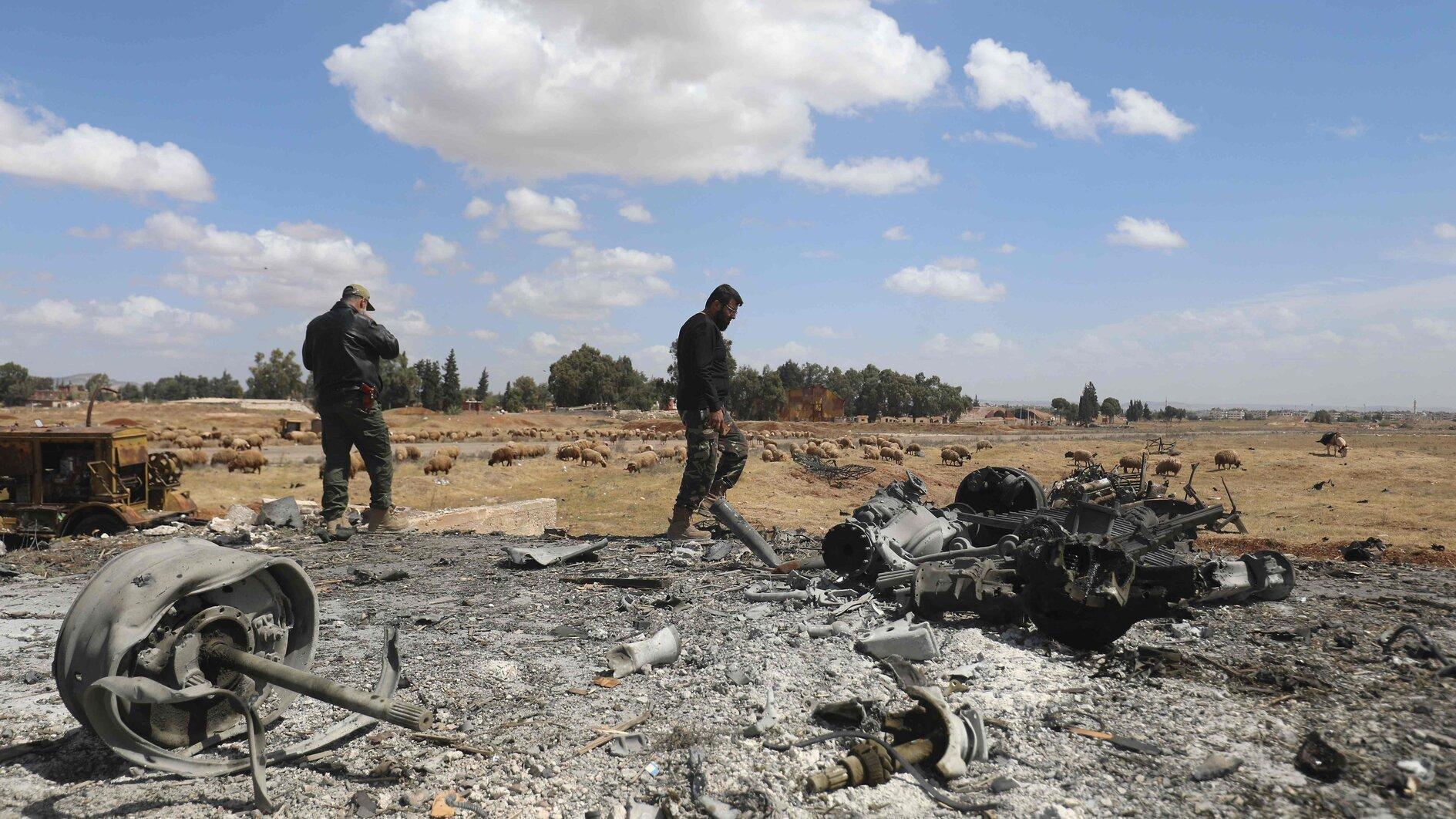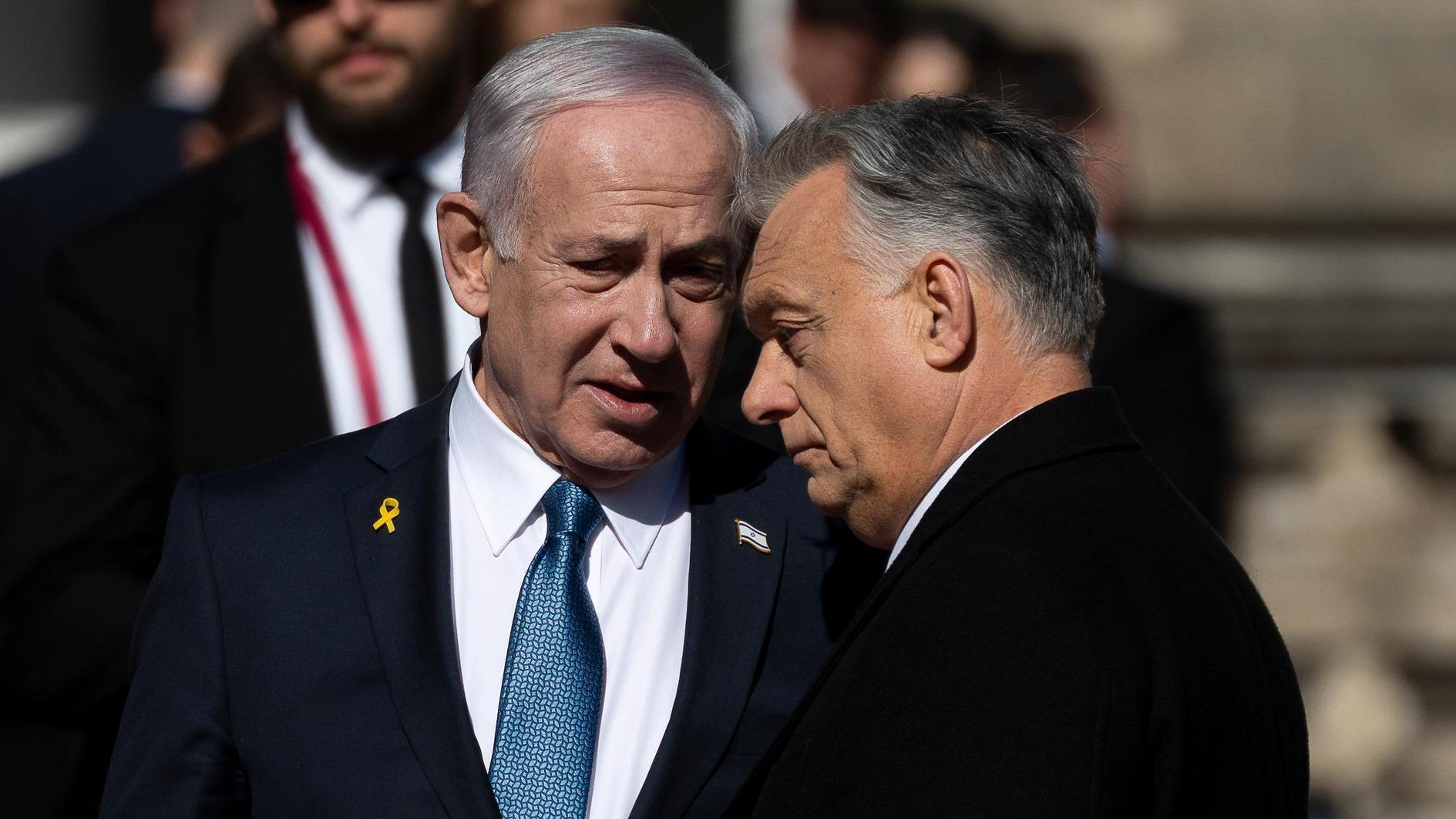Immoral Soldier or Immoral Society?
DANA E. ABİZAİD
While the media revels in the downfall of the supposed great American hero David Petraeus, Sergeant Robert Bales, who embodies the violence unleashed by Petraeus’s planning and command, sits in a military dock for the alleged murder of 16 Afghan civilians last March. Lost in the media’s rush to portray Petraeus as an honorable military man who happened to make moral transgressions in his private life is the reality that our soldiers commit immoral acts, under the command of military strategists like General Petraeus. Moreover, these soldiers rely on the example of those who trained and indoctrinated them. As Supreme Court Justice Louis Brandeis famously stated: “Our government is the potent, omnipresent teacher. For good or for ill, it teaches the whole people by its example.” Ironically, Petraeus faces nothing more than resignation for his role in the deaths of countless civilians, while Sergeant Robert Bales could face the death penalty in a military court.The irony is that soldiers trained to kill often bear the burden of answering for the sins of those who train them. In this case, Sergeant Robert Bales will be punished while those government officials who started an unwinnable war in Afghanistan, devised counter-insurgency strategies that kill civilians, and gave orders for B-52 bombing raids and drone attacks that level villages and destroy lives in Afghanistan and Pakistan will speak of “peace,” “honor,” and “justice.” The black and white world of the 24-hour news cycle and the military’s prosecuting attorneys will portray Bales as a soldier who “snapped,” “a lone-wolf,” or a “bad apple” that has perverted the U.S. mission in Afghanistan and given Afghans reason to oppose the U.S. occupation. Neighbors, former classmates, and politicians will ask the perennial question “Why?” that follows such tragic events. However, the answer will be right in front of them, in the form of a decade of excessive military force to pressure social, economic, and political change in a tribal society that has defended its land against invaders for hundreds of years, and the U.S. reliance on violence or the threat of violence to resolve diplomatic crises. When an individual soldier uses excessive and indiscriminate force we are appalled. When our nation as a whole does, we have parades.
Lessons of the past will mean very little when analyzing Bales behavior, least of all the 1968 massacre in My Lai. My Lai - an event taught in “U.S. History” classes as an example of an isolated incident that saw U.S. troops engage in an orgy of violence against South Vietnamese villagers - is presented to Americans not so much as an egregious example of what men are frequently capable of in a war zone, but as a shining example of investigative journalism and the heroism portrayed by U.S. Army helicopter pilots. Although it is true that Seymour Hersch’s research into how pilot Hugh Thompson turned his guns on Lt. William Calley’s troops to end the slaughter serves as a stellar example of free press during wartime, the more important lesson comes from those soldiers who began firing and could not stop. Their training, they say – training to kill – carried the day. Nevertheless, the Nobel Peace Prize president stated that the Afghan massacre allegedly committed by Bales was “not comparable” to My Lai. However, just as then, it will be the soldier - not the commanders - who will pay.
The niceties of democratic rhetoric, service, and patriotism mean little in a war zone but a lot during domestic sex scandals. It is likely that Sergeant Bales witnessed much violence in his four tours, culminating in a fellow soldier having his leg blown off. Bales, with the government as his omnipotent teacher and Petraeus as master strategist of the counter-insurgency plan in Afghanistan, decided to use violence to right this wrong. He will be rightfully punished. But successive U.S. governments that reacted irrationally to the devastating attacks of September 11 by waging ill-conceived and poorly planned wars in Afghanistan and Iraq will continue on their erratic path of indiscriminate violence in attempts to force America’s political and economic will on others. And we Americans will be appalled not that generals like David Petraeus are responsible for this violence, but that he was unfaithful to his wife.
The sad truth is that Bales is not the first, nor will he be the last, U.S. soldier to go to brutal extremes in a war zone. The greater sadness, however, is that our nation will not recognize in Bales’ sins the greater sin of a government that puts our brave soldiers in extreme situations and then punishes them for behaving on an individual level as the government does on a national one.











